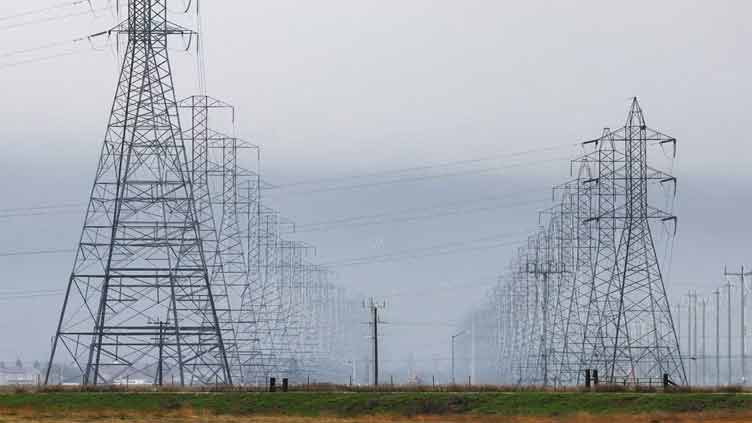Pakistan's power sector circular debt increases to Rs2.646tr

Business
Latest figures come at a time when IMF has made tariff hike mandatory under new deal
ISLAMABAD – The power sector’s circular debt jumped by Rs393 billion during the July-May 2023 to Rs2.646 trillion – representing an 18 per cent increase – despite the government’s successful efforts to reduce trade deficit by curbing imports of expensive fuel.
Earlier by the end of fiscal year 2021-22, the amount stood at Rs2.253tr which was a result of Rs27bn decline, as the inefficiencies in power generation and distribution continue to haunt the country.
According to the Power Division data, payables to the power producers surged by Rs420 billion to Rs1.771 trillion and to the state-owned generation companies (Gencos) by Rs9bn Rs110bn. However, the share of Power Holding Limited (PHL) in the circular debt was down by Rs35bn to Rs765bn.
The figures come as the International Monetary Fund (IMF) is pressing hard to ensure reforms in the energy sector through steps like hike in power tariff and ending subsidies.
Read more: What Pakistan needs to do under the IMF programme
And in the new agreement, Pakistan's power sector has been specifically mentioned by the IMF, which called for a "timely" rebasing of tariffs to ensure that costs are recovered. This means hiking prices for consumers despite already record high inflation in what is an election year.
It is in this context that Islamabad has assured the world’s top lender of reforms, among other steps, in the energy sector through a Letter of Intent (LoI).
The development comes as the IMF Executive Board is set to discuss and approve the nine-month agreement under a Stand-by Arrangement (SBA) that was negotiated after the previous deal known as Extended Fund Facility (EFF) remained incomplete and expired on June 30.

